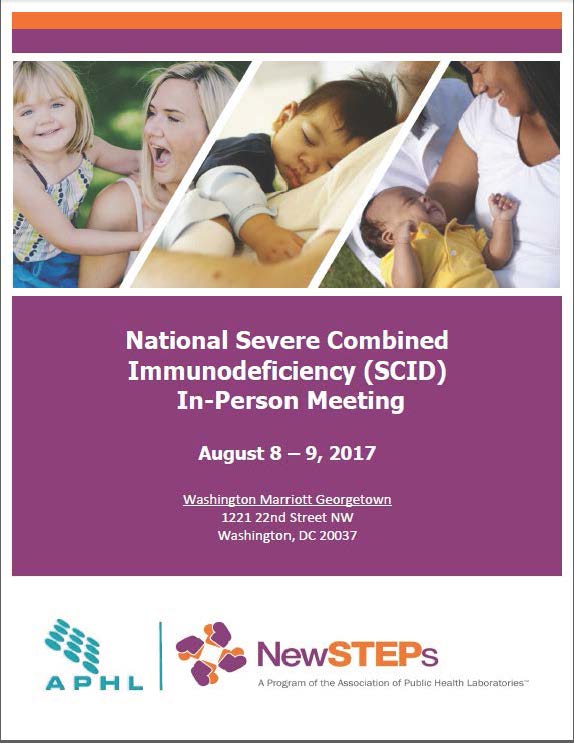
He was referred to Newcastle, but had deteriorated, he was really struggling for his oxygen levels. ‘They tested white blood cells and, as a result of that, highlighted that he had SCID. He did actually start to pick up, his breathing improved and we were able to go home, but we were home for just a number of days and his breathing was quite bad and he started to lose weight and so we were back in again. We were referred to the local hospital - he was there for about a week whilst they were doing investigations and treating him for bronchiolitis. We were starting to get concerned because he wasn’t getting any better and he had recession with his breathing. He didn’t get better and then the cough started to get worse, so we had numerous trips up and down to the doctor’s. At that point we were up to the doctor’s after a week or so of him not getting better as you’d expect, and were told that they do pick up coughs and colds, that’s normal, and we were given some paracetamol and off we went home. From about two months he started to develop a little bit of a cough, and that was the start of it. I had Scott in 2000 and it was just plain sailing basically, normal birth, and we took him home and everything was fine, no issues and I was breastfeeding. ‘I’m Rebecca and I’m a parent of three children, two boys with SCID. To find out how devastating the disease is for a family, we have asked Rebecca to tell us about her experience. 1 By measuring ‘waste’ DNA, produced during lymphocyte receptor formation (TRECs), on the newborn screening blood spot card, SCID can be detected and confirmed by flow cytometry. The condition is usually fatal by 12–18 months of age without bone marrow transplantation. Affected infants appear well at birth but present by a few months of age with recurrent or persistent infection and failure to thrive. Affecting approximately 14 infants a year in England, SCID is caused by mutations in one of a number of genes responsible for development of T-lymphocytes.

Most diseases detected by newborn screening are rare, and severe combined immunodeficiency (SCID) is no exception.

It is essential that the programme is subjected to appropriate monitoring and quality assurance to ensure that the intended outcome is delivered. Following diagnosis, treatment should be instituted in a timely manner. A definitive followup test that distinguishes true positives from false positives should be readily available. The screening test must be applicable to the general neonatal population and the whole programme should have an acceptable cost, relative to the potential benefit. Important features about a screening programme for newborn infants are that it should accurately, without too many false positives, detect a disease that is serious, where effective management is readily available and early presymptomatic detection and intervention should reduce morbidity and mortality.


 0 kommentar(er)
0 kommentar(er)
